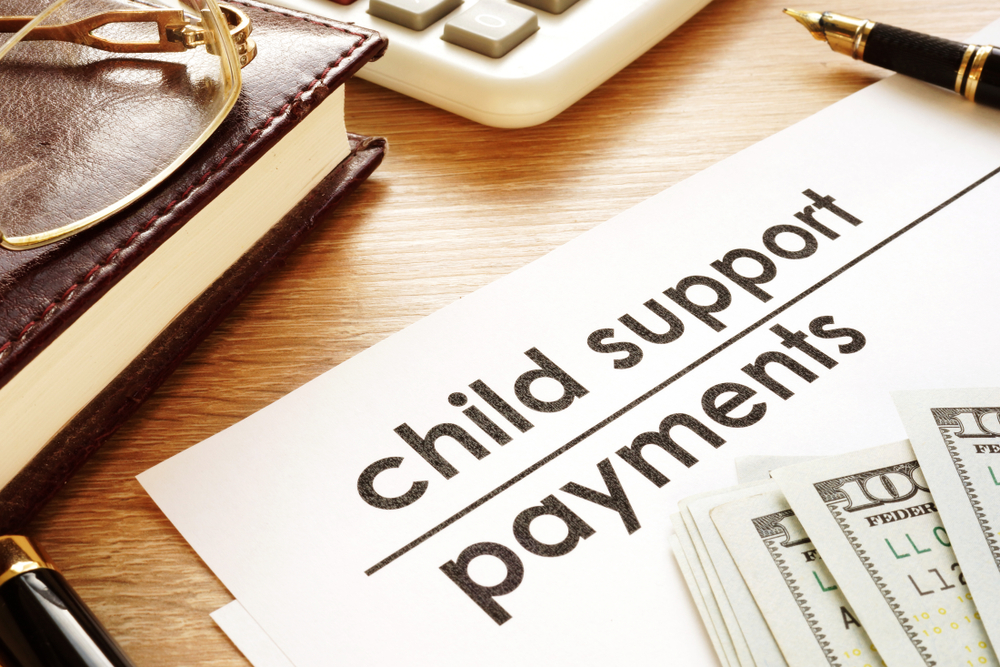When Can Parents Stop Paying Child Support in New Jersey?
Typically, parents pay child support for the full childhood of a child. The age at which a child no longer relies on the support of their parent is debatable to some. Child support can take up a significant portion of your income, so you may be wondering when parents can stop paying child support in New Jersey.
What is the Age of Emancipation?
The age of emancipation refers to when a child is no longer legally dependent on their parents, and this may vary depending on the state. In New Jersey, the legal age of emancipation is 19 years old. This isn’t a hard stopping age for child support, though. The New Jersey courts recognize that each family is different.
The courts typically listen to a plea to stop paying child support on a case-by-case basis. One family may require child support beyond 19 years, while another may stop child support payments before 19 years.
Factors that Affect the Age of Emancipation
Some factors that may affect the age of emancipation include:
- A child who is attending college
- A child who is independent and moves away from home
- A child who is earning a salary
- A child who is married or with their own child
These are just a few of the factors that a family court may consider when determining a child’s need for child support. Some children may be capable of providing for themselves before the legal age of emancipation. New Jersey also allows children under 18 years who have moved out on their own or are supporting themselves to file for their own emancipation.
How to Emancipate Child Support in New Jersey
You can file a motion to emancipate a child to end child support payments. This is done through the New Jersey family court where you live. Working with a family lawyer can be beneficial to ensure you meet all the state’s filing requirements. It’s important to note that even if an emancipation request is approved, it doesn’t clear out any previously missed payments. Parents will still be responsible for all back pay child support payments they may have missed.
How is Child Support Calculated?
New Jersey uses a percentage model when calculating child support. The non-custodial parent is responsible for paying a set percentage of their income each month to the custodial parent. Even families with a shared parenting agreement may be required to pay child support, depending on the agreement.
If the inability to make child support payments is why you want to stop making them, other options may be available. If your income has changed, you can file a motion with the court to lower your monthly payments. Keep in mind, though, that the court could increase your monthly payments if your income has increased. New Jersey allows you to modify your child support payments once every three years. The court requires that you show proof that there has been a significant change in circumstances.
If you have questions about child support, including when you can stop paying or how to adjust your amount, reach out to a family law lawyer.
Contact a Camden Family Law Attorney for a Consultation About Child Custody in New Jersey Today
If you are thinking about filing for divorce, or if you have already started the divorce process and are dealing with another matter, such as child custody, child support, or division of assets, you need to speak with a qualified attorney. The New Jersey family law attorneys at The Law Offices of Daniel K. Newman represent clients throughout the state, including Camden, Cherry Hill, Gloucester Township, and Winslow. We understand how challenging this time can be for you, which is why we will fight hard to protect your interests, and the interests of your loved ones, throughout the legal process. Call us at (856) 309-9007 or fill out our confidential contact form to schedule a consultation. We have an office conveniently located at 1202 Laurel Oak Rd # 207, Voorhees Township, NJ 08043.
The articles on this blog are for informative purposes only and are no substitute for legal advice or an attorney-client relationship. If you are seeking legal advice, please contact our law firm directly.


